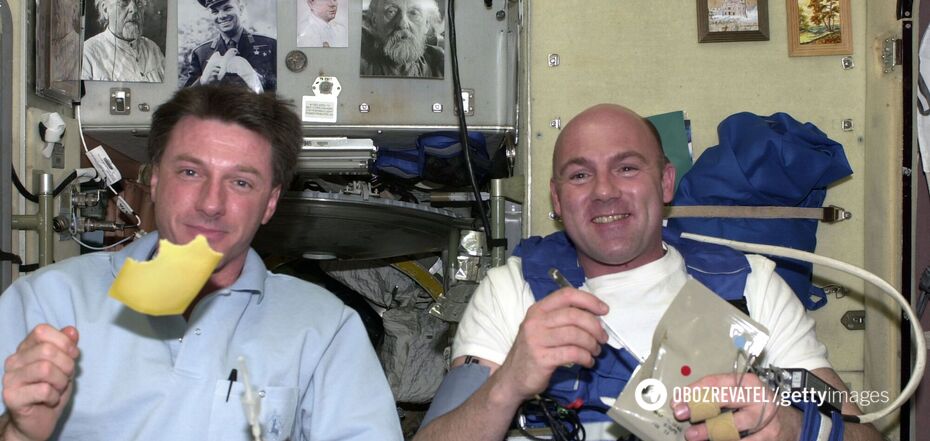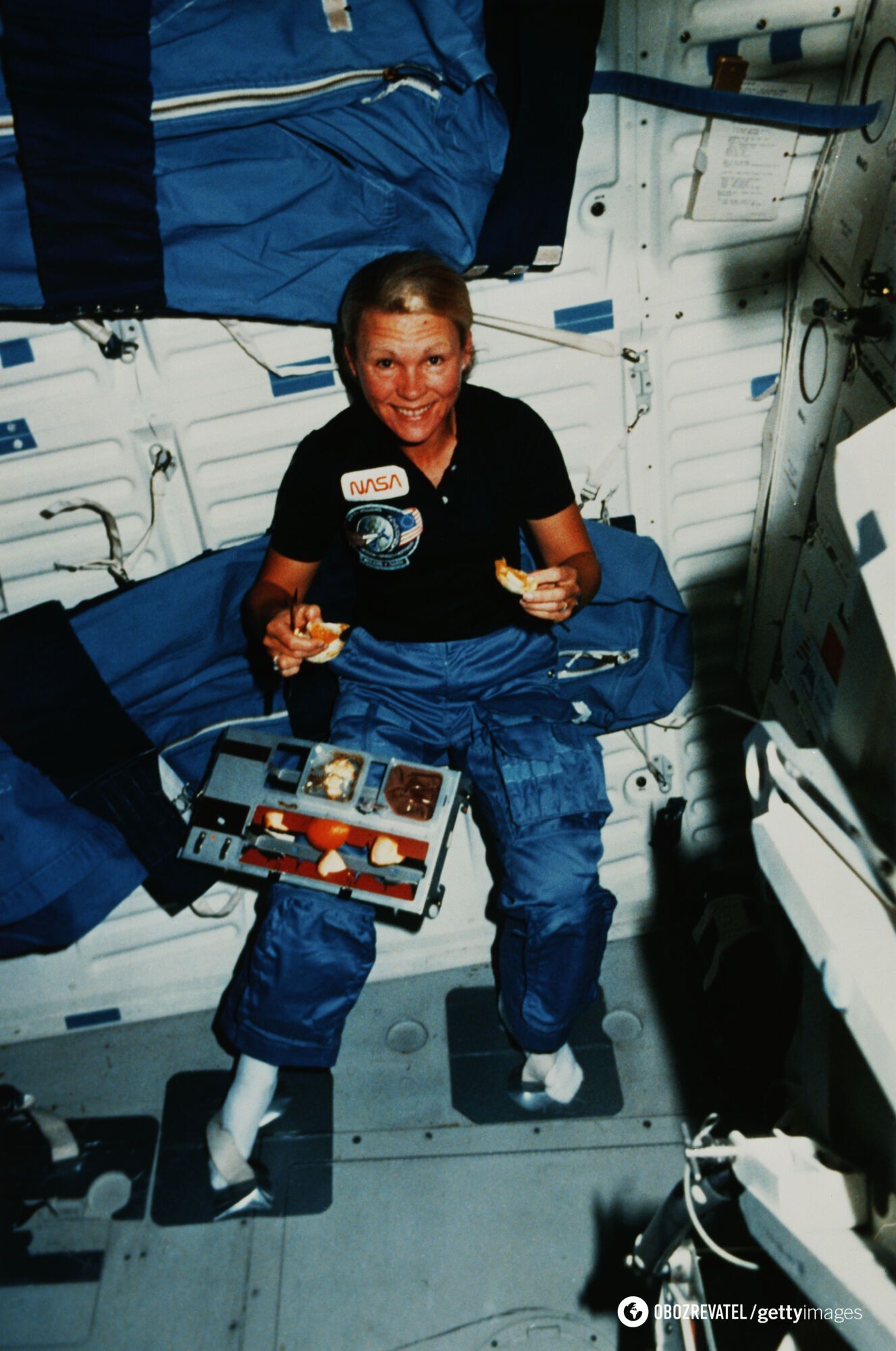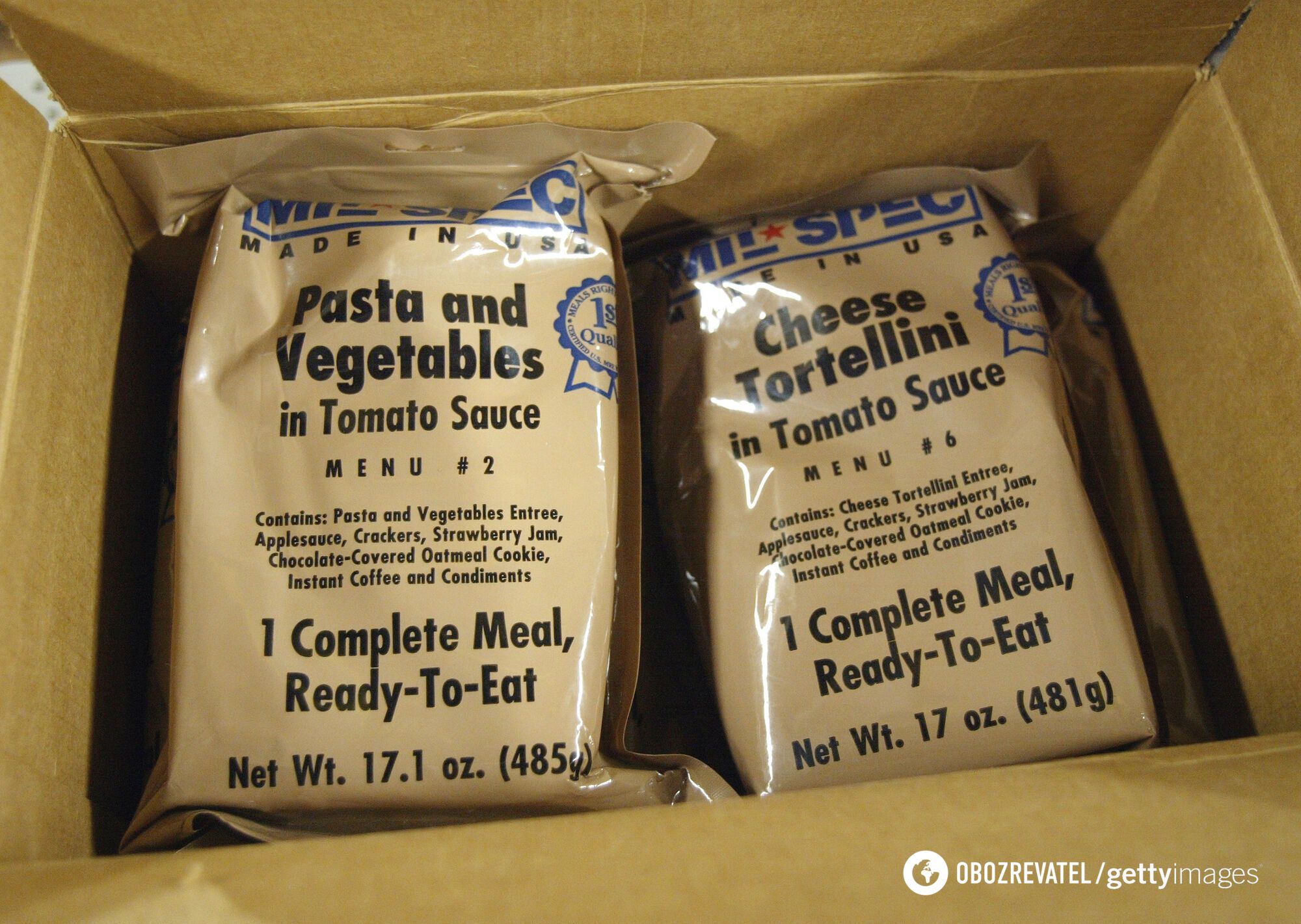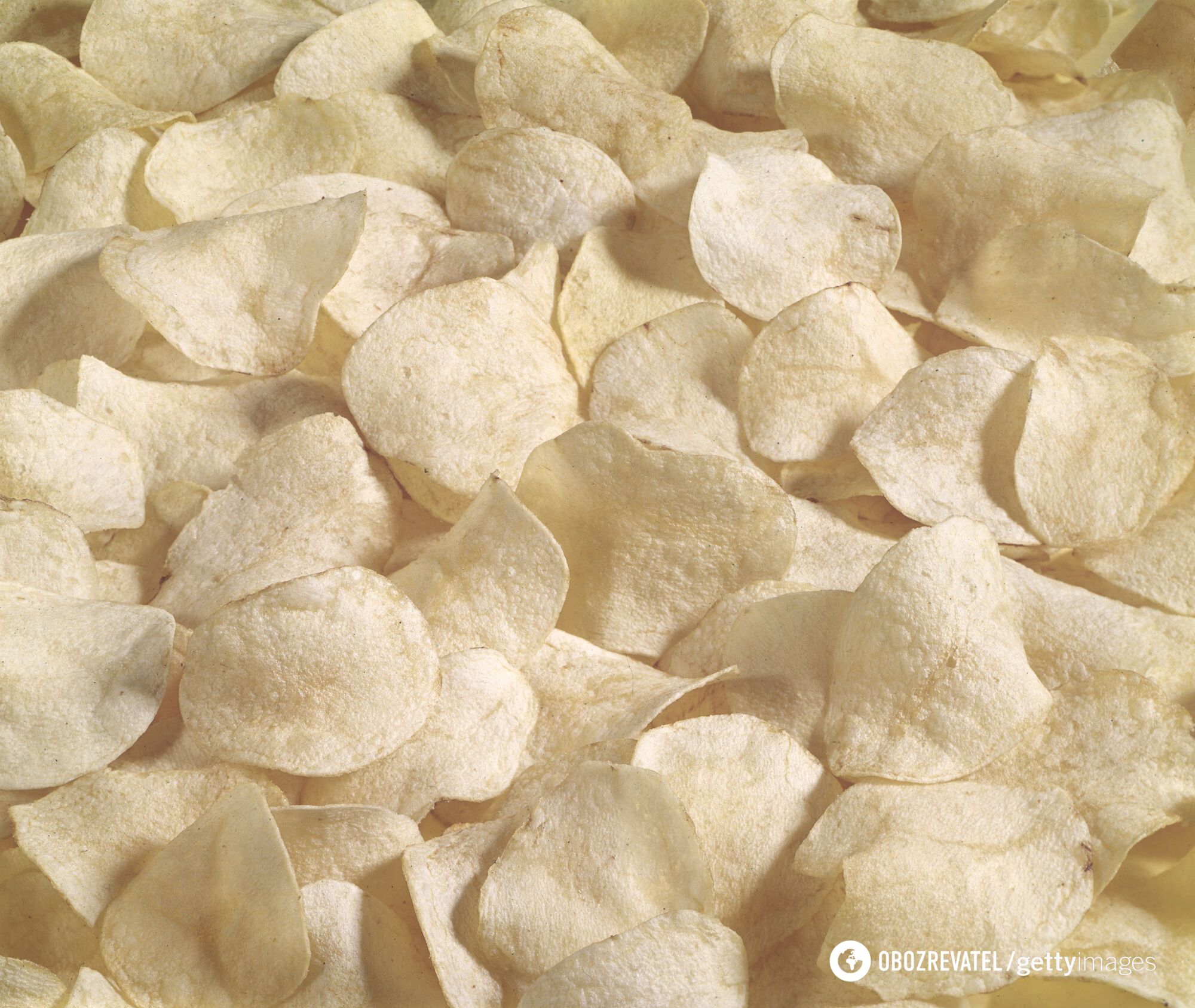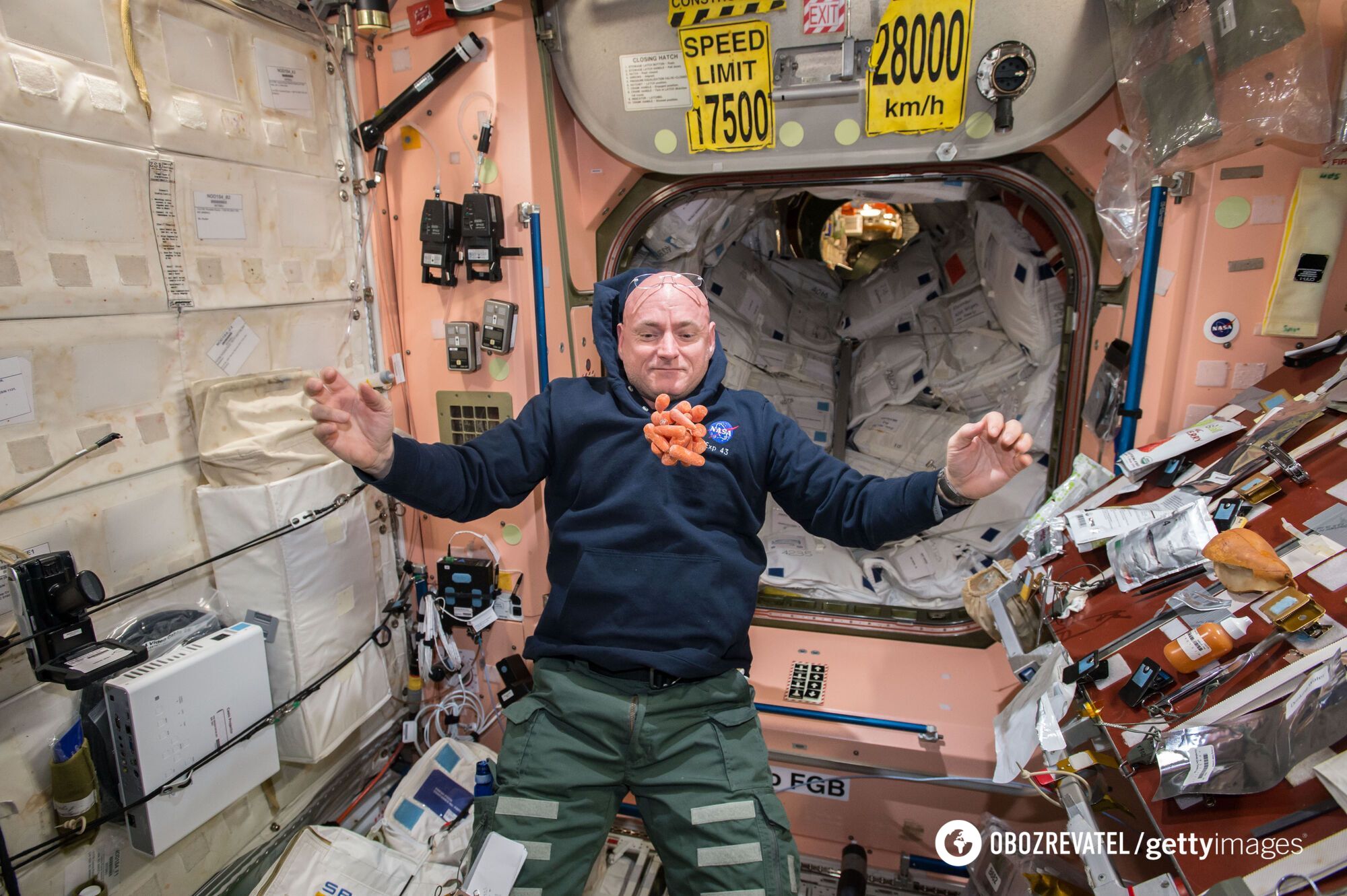News
5 types of foods that should not be eaten in space: the consequences can be catastrophic
Astronauts have a certain choice of food, but it is often packaged for several months in advance. In addition, astronauts need to know how to eat in microgravity, when their food and utensils can "fly".
The question of how to keep astronauts healthy, happy, and well-fed is an important part of any space mission. Despite the great progress in food technology, experts name five types of foods that should not be eaten in space because the consequences would be catastrophic, Huff Post writes.
Foods with the highest risk of foodborne illness
Anyone who has had the misfortune of food poisoning has no desire to repeat this experience. Especially in orbit. Microgravity will make everything very dirty and smelly, and all in a cramped space.
Many foods can pose a risk of food poisoning, including undercooked meat or seafood, unpasteurized dairy products, and unwashed fruits and vegetables. Since the International Space Station does not have a special refrigerator for food, everything has to be stable on the shelves.
In addition to NASA 's strictness on astronaut nutrition, the agency requires astronauts to remain in quarantine for seven days before launch to maintain the health of the crew. That is, astronauts do not eat out or at home in the week before launch, as this increases their contact with others and their chances of contracting foodborne illness.
Military-style ready-to-eat meals
Ready-to-eat meals are self-contained, stable rations used by the United States Army. But unfortunately, they can wreak havoc in space. They are high in salt and fat, which is important for the military. But the high salt content will worsen one of the known side effects of microgravity - loss of bone density. Without the constant pressure of gravity, people have been found to lose bone density while in space. NASA explains: "For every month in space, astronauts' bones become about 1% less dense unless they take precautions to prevent this loss."
Significant physical activity helps reduce bone density and muscle weakening, but diet plays a role. Salt can exacerbate bone loss.
Crumbly food
Nothing is as satisfying as crunching potato chips. But chips, breads, and other foods that produce crumbs are risky in space.
It all comes down to microgravity. On Earth, crumbs just fall to the floor. But in space, they fly around and make a mess.
"Crumbs can get into air filters, instruments on board, and even astronauts' eyes," said Jordan Bimm, a space historian and professor of science communication at the University of Chicago.
Instead, astronauts mostly use tortillas instead of bread. Other options are small crackers that can be eaten whole without leaving crumbs.
Bland food
No one likes bland food, but in space it's a particular problem.
"Due to changes in body fluids in microgravity, astronauts often experience facial and sinus congestion. This affects their sense of smell and taste," explains Dr. Michael Harrison, Chief Medical Officer at Axiom Space.
Hot sauces are a particular favorite because they add a strong flavor to dishes. But it's not just about wanting to add them to your food. Food is not only nutritionally beneficial, but psychologically as well. Food brings a team together and encourages social bonding and team building. That's why when NASA's space program was just getting started, and the main consideration in the selection of food was to provide calories, not taste, astronauts hated to eat and came down to Earth dehydrated, hungry, and disoriented. And this is a significant problem for the health and happiness of astronauts.
Alcohol
A glass of champagne sounds tempting. But NASA and the International Space Station have banned alcohol. Initially, the ban was due to safety concerns. Later, NASA learned that ethanol does not decompose when water and air are processed.
"When ethanol gets into the air, it becomes a pollutant in the air system and then in the water supply system," the expert explains.
Only verified information is available on our Telegram channel OBOZ.UA and Viber. Do not fall for fakes!


